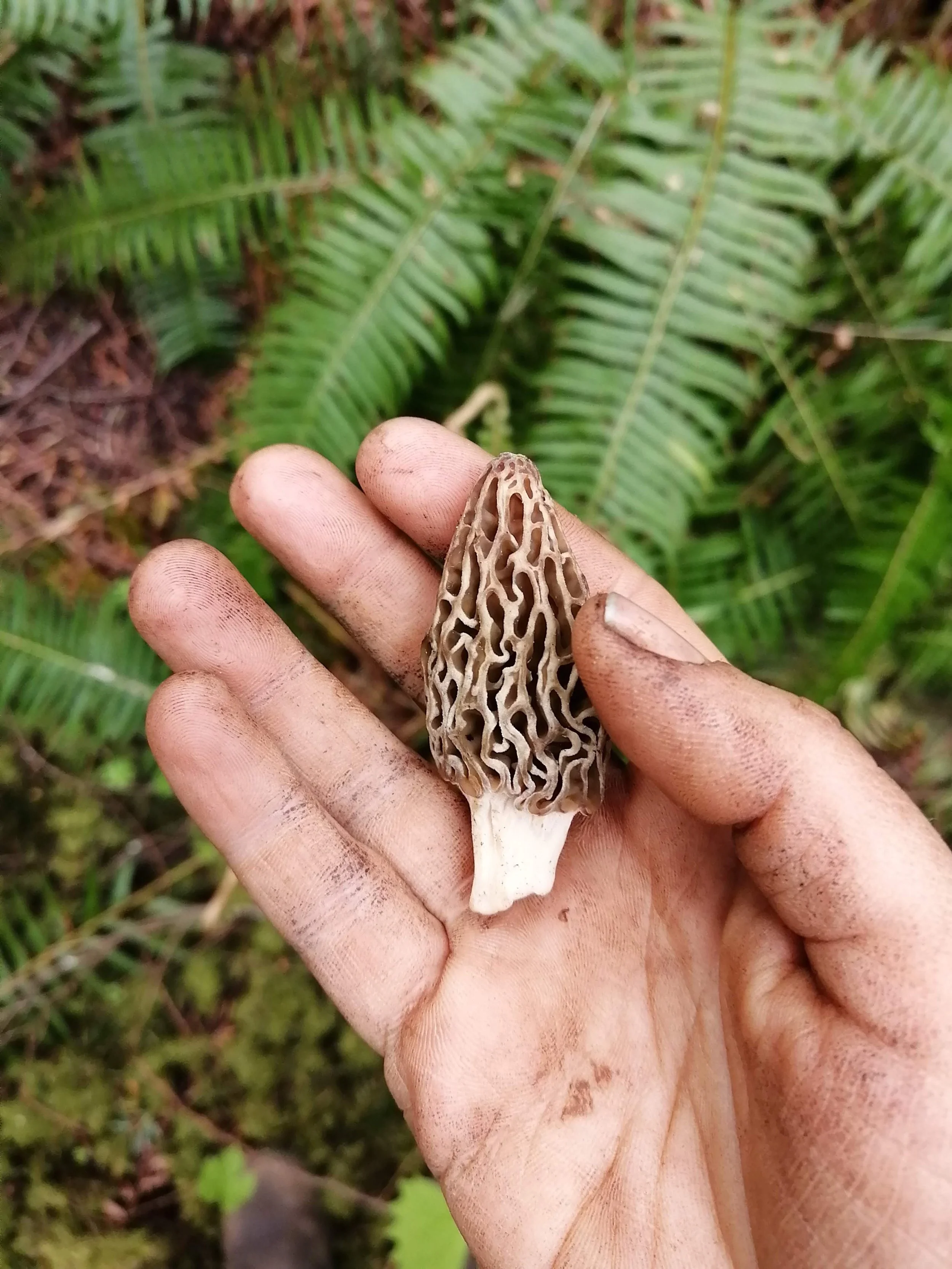For more info, go to the Zeroland FAQ <thesnag.org/zeroland-faq>
ZEROLAND
The Art and Science of Self-Reliance
A 12 DAY EXPERIENTIAL COURSE
HAPPENING MAY 8-19 2023
ON DENMAN ISLAND, BRITISH COLUMBIA
What can we do when everything is falling apart?
Collapse
Until only a few years ago, the collapse of the currently dominant global order was a fringe idea that seemed far removed from the experience of most people in the richer countries of the world. Now, however, elements of crisis can be seen in the failures of economic systems, climate change, habitat and species decline (including our own), failures of social cohesion and rising authoritarianism, spiritual confusion, and challenges to mental and physical health, to name only a few. Now, there is a lot of solid evidence that disintegration is not something that may happen in the future, but something that is happening, right here, and right now.
Response
There are, of course, many efforts to change the way we do things, such as carbon credits, solar power, and geo-engineering. This is surely important work, but it may be too little too late, and all of these approaches share a tendency to reproduce the most problematic aspects of the currently dominant order (capitalism, statism, colonialism, attempts at technological domination of nature, etc.)
Practice
The purpose of this course is to explore a road less travelled: not to try to save and extend what has been known as ‘Western civilization’, but to take a distance from it, in order to (re-)create alternatives that are more joyful and sustainable. The central practical question we set out to explore is: how can a small group of people, situated on an adequate land base, in the context of a supportive community, increase their skills and knowledge so as to live well, within their means and the carrying capacity of the land?
Theory
This practical question has many implications at the theoretical level – we are not the first to explore these possibilities. There are vast resources to be found in alternative discourses within the west, such as anarchism, feminism, and deep ecology, and in living indigenous traditions all over the world. How can we ward off the emergence of hierarchical structures in our societies, so that we can live more autonomously? How can we meet our material needs while respecting the replenishment cycles of the land, so that we can live more sustainably? How can we do all of this while decolonizing, rather than recolonizing, settler-indigenous relationships?
Experiential Learning
There are many permaculture courses and lots of places to go to learn timber framing, just as there are many university and college classes that talk about theories of sustainability; but it is rare to find these realms of theory and practice brought together, in an experiential learning context that is explicitly oriented to decolonizing settler-indigenous relationships. This is what makes this course special, and it is what will be most attractive to those who choose to participate in it.
For more info, go to the Zeroland FAQ
